Introduction to Vibration Test Machines
Vibration test machines are essential instruments in the realm of product durability and reliability testing. These machines simulate the conditions products might encounter during their lifecycle, ensuring that they can withstand various vibration stresses. This category encompasses a diverse array of equipment tailored to specific testing protocols and industry standards.
Types and Applications
The application of vibration test equipment spans multiple industries, from aerospace to electronics. Each sector may require different types of vibration testing systems, such as electrodynamic and servo-hydraulic testers, to assess product performance under dynamic conditions. These machines are pivotal in identifying potential failure points in product design before market release.
Features and Materials
A vibration testing system typically features a robust platform or armature, which can support various loads. The materials used in construction are chosen for their durability and ability to transmit vibrational forces accurately. Advanced systems include user-friendly interfaces and programmable controls for precise test parameter adjustments.
Advantages of Vibration Testing
Utilizing a vibration analysis machine offers the advantage of preemptive fault detection, which can save costs and time in product development. By replicating real-world stressors, manufacturers can enhance product design, ensuring longevity and user safety. Moreover, vibration testing aids in compliance with international quality standards.
Selection Considerations
When selecting a vibration test machine, it is crucial to consider the machine's frequency range, load capacity, and the types of vibration profiles it can generate. The choice will depend on the specific testing requirements of the product and the industry it serves. It is important to evaluate the machine's compatibility with existing testing protocols.
Complementary Testing Equipment
In addition to vibration testers, complementary testing equipment such as signal analyzers and data acquisition systems may be required for a comprehensive testing setup. These instruments work in tandem with vibration test systems to provide a detailed analysis of a product's response to vibrational forces.


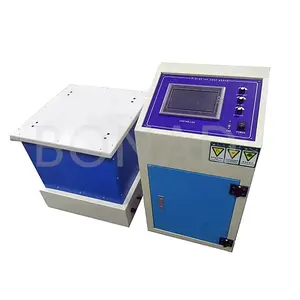




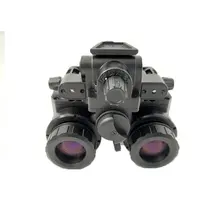

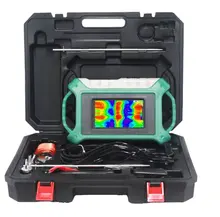
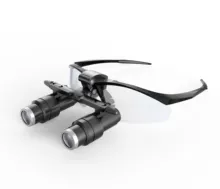
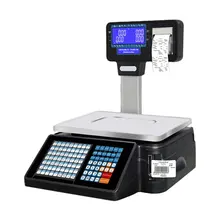



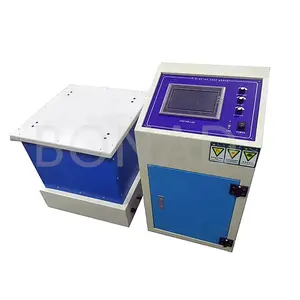














 浙公网安备 33010002000092号
浙公网安备 33010002000092号 浙B2-20120091-4
浙B2-20120091-4